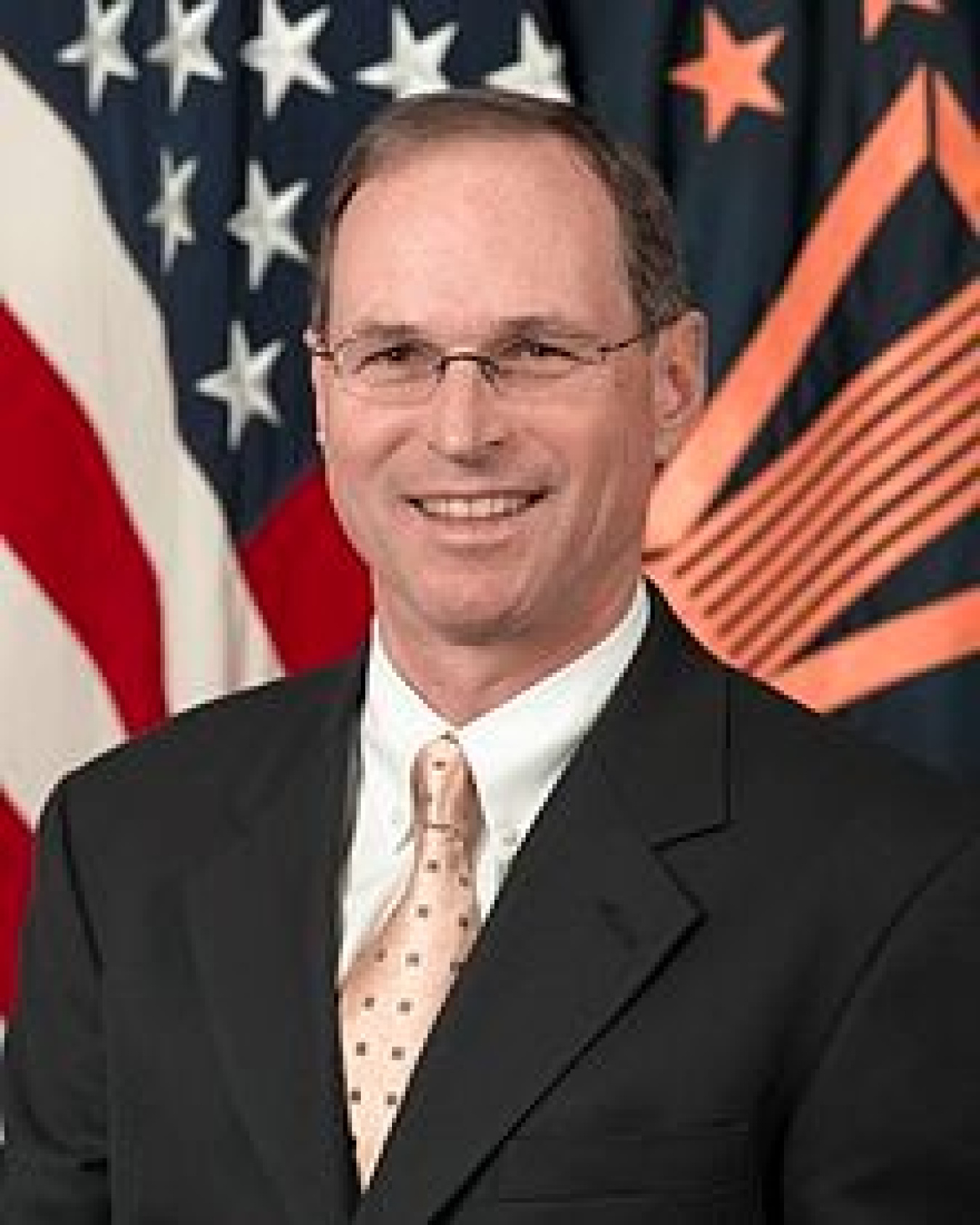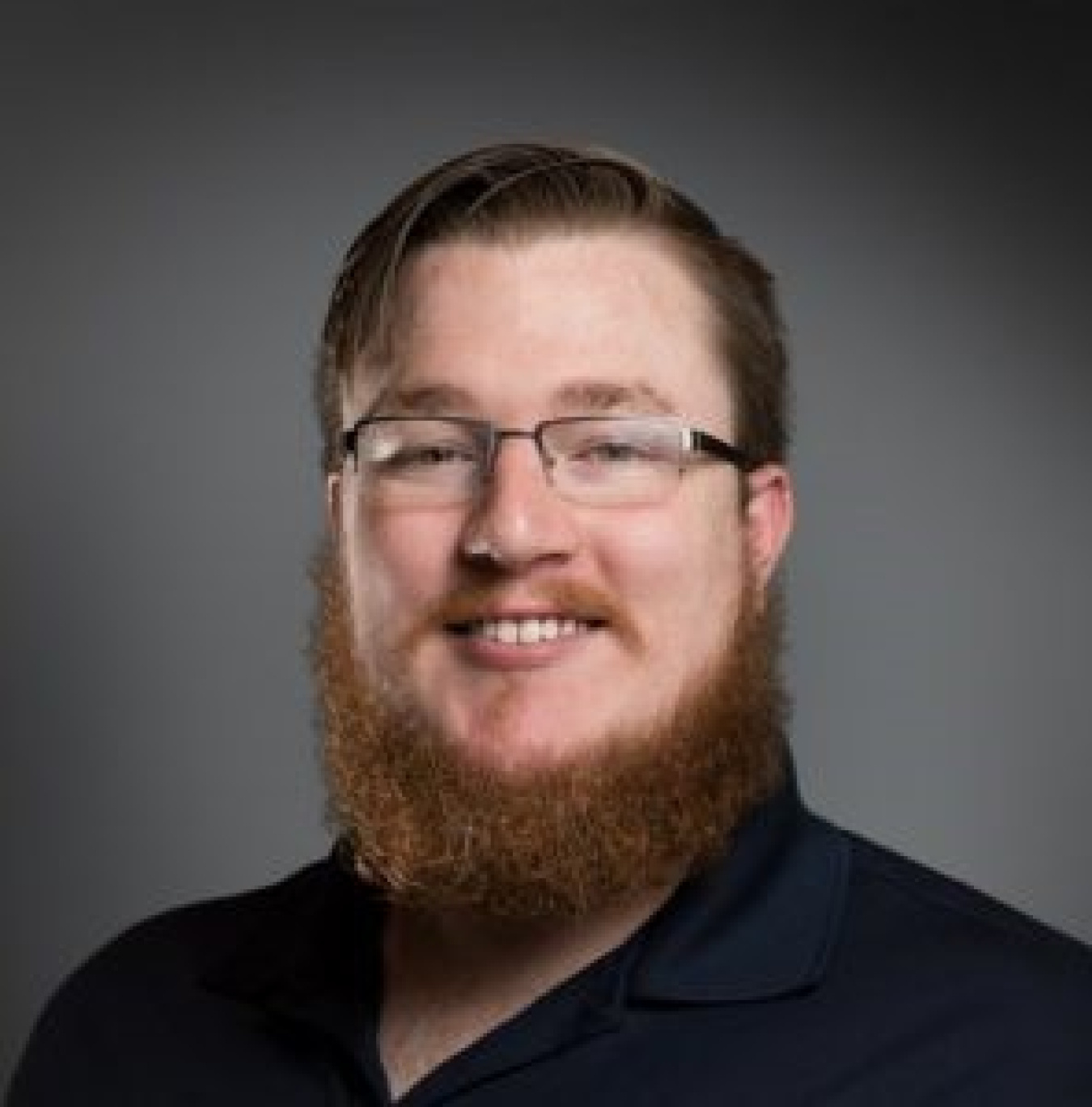Meet Dr. Paul Stockton and Robert M. Lee, chair and vice chair of the EAC's new Grid Resilience for National Security (GRNS) subcommittee
December 17, 2020This summer, the U.S. Department of Energy (DOE) announced the new and returning members of the Electricity Advisory Committee (EAC), which advises DOE on electricity resilience, reliability, security, interdependency, and policy issues. In a new series of posts, we hear from the members of the EAC to learn more about their backgrounds, their predictions for the future of the electric grid, and their advice for young professionals in the energy space.
This week we are highlighting the chair and vice-chair of the newly established Grid Resilience for National Security (GRNS) subcommittee.
Dr. Paul Stockton, the Managing Director of Sonecon, LLC, chairs the subcommittee. Robert M. Lee, the founder and CEO of cyber-security firm Dragos Inc., services as committee vice-chair. Dr. Stockton previously served as an Assistant Secretary of Defense for Homeland Defense and Americas' Security Affairs and Mr. Lee previously served in the U.S. Air Force and at the National Security Agency.
Dr. Paul Stockton, Sonecon, LLC

Q: How did you first learn about the EAC before getting involved?
Throughout my years of public and private experiences I read a number of excellent EAC reports, including “EAC Recommendations: Policy and Research Opportunities for Grid Resilience (March 2019)” and “EAC Recommendations: Enhancing Grid Resilience with Integrated Storage from Electric Vehicles (June 2018).” These reports inspired me to get involved.
Q: Why did you join the EAC? What made you want to become a committee member?
The United States faces increasingly severe threats to Defense Critical Electric Infrastructure (DCEI). Strengthening DCEI resilience and helping our country achieve our goals for strong grid reliability are my primary motivations in joining the EAC.
Q: In your view, what is the biggest challenge facing the electric grid today?
The growing capabilities of China, Russia, and other potential adversaries to attack the grid, and the risks that such attacks could pose to U.S. security, public health, and safety.
Robert M. Lee, Dragos, Inc.

Q: What have you worked on during your time in the EAC? Or, if you are new to the EAC, what do you looking forward to working on?
As a new member of the EAC, I’ve been included in a number of groups focusing on everything from security conversations to energy storage. What I’m most excited about is being asked to be the Vice-Chair of the new Grid Resilience for National Security subcommittee. As part of this group I and a truly fantastic group of people, will be allowed to focus more specifically on cybersecurity and the changing landscape the electric system has in front of it.
Q: In your view, what is the biggest challenge facing the electric grid today?
Our industry is changing as adversaries are becoming hyper focused and skilled in industrial control systems (ICS) and operational technology (OT). The convergence of hyperconnectivity and a digital transformation in response to emerging and focused threats targeting critical ICS/OT networks, is worrisome. Fortunately, we have an electric sector that is always open to partnership and doing the right thing, even when it’s not always the obvious business choice. If there is any community that can get it done, it’s this one.
Q: The grid has evolved significantly in the past century. What do you expect from the Grid of 2100?
There is no one grid, and I think the “Grids of 2100” are going to be more amorphous than ever, integrating electric vehicles, microgrids, renewables, distributed energy resources, more viable electric power storage and batteries, and wonderful innovations we cannot imagine yet. What it all translates to is more reliable, affordable, and safer electric power. But we must make sure we have the security foundation to ensure its success.
Q: What advice do you have for a young person considering a career in the electricity industry?
There are very few communities that come close to the dedication, passion, and true community-wide spirit that you will find in the electric sector. It is an amazingly innovative industry with a strong focus on providing safe, reliable, and affordable power to all our communities, including the ones where you work and live. If you are looking for an exciting mission with really cool technology and physics this is a great place to work.
Watch this space for more profiles of the members of the Electricity Advisory Committee
Each profile above represents the member’s own thoughts and does not reflect the position of DOE.

